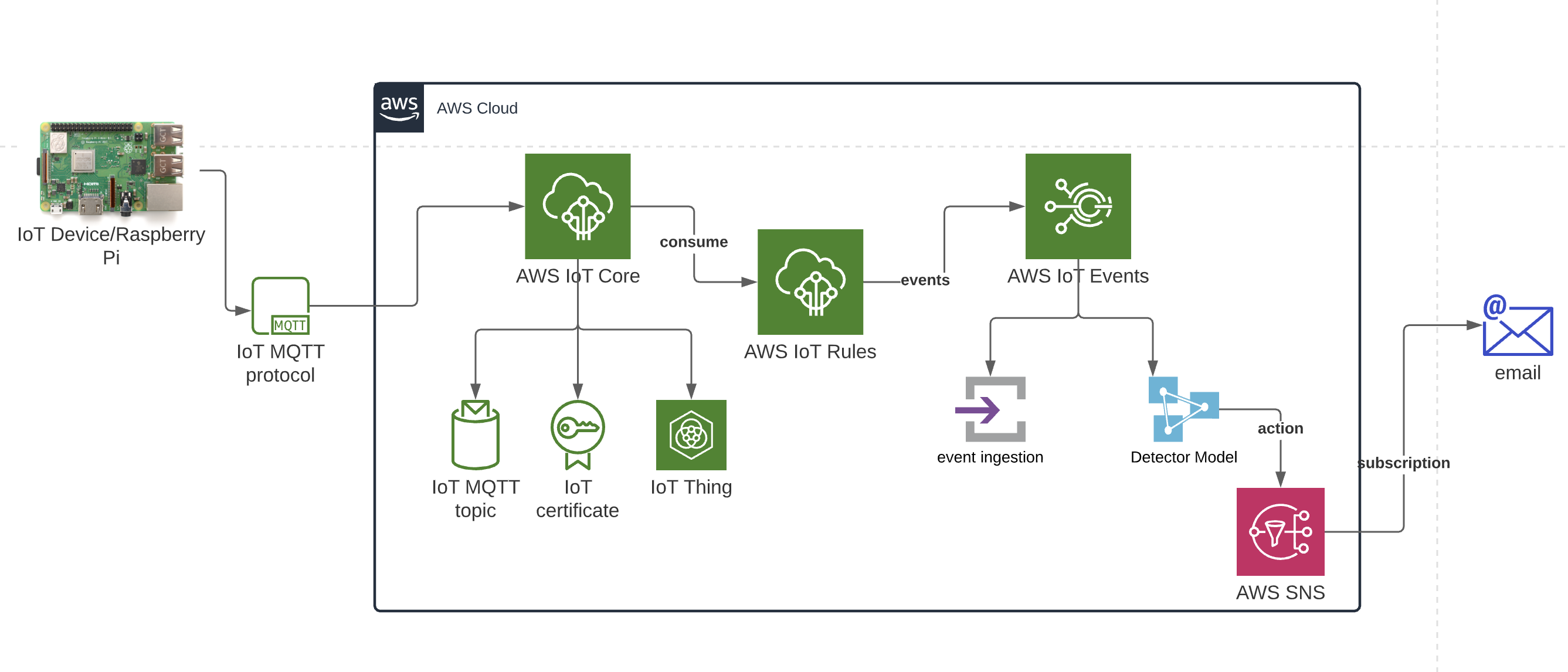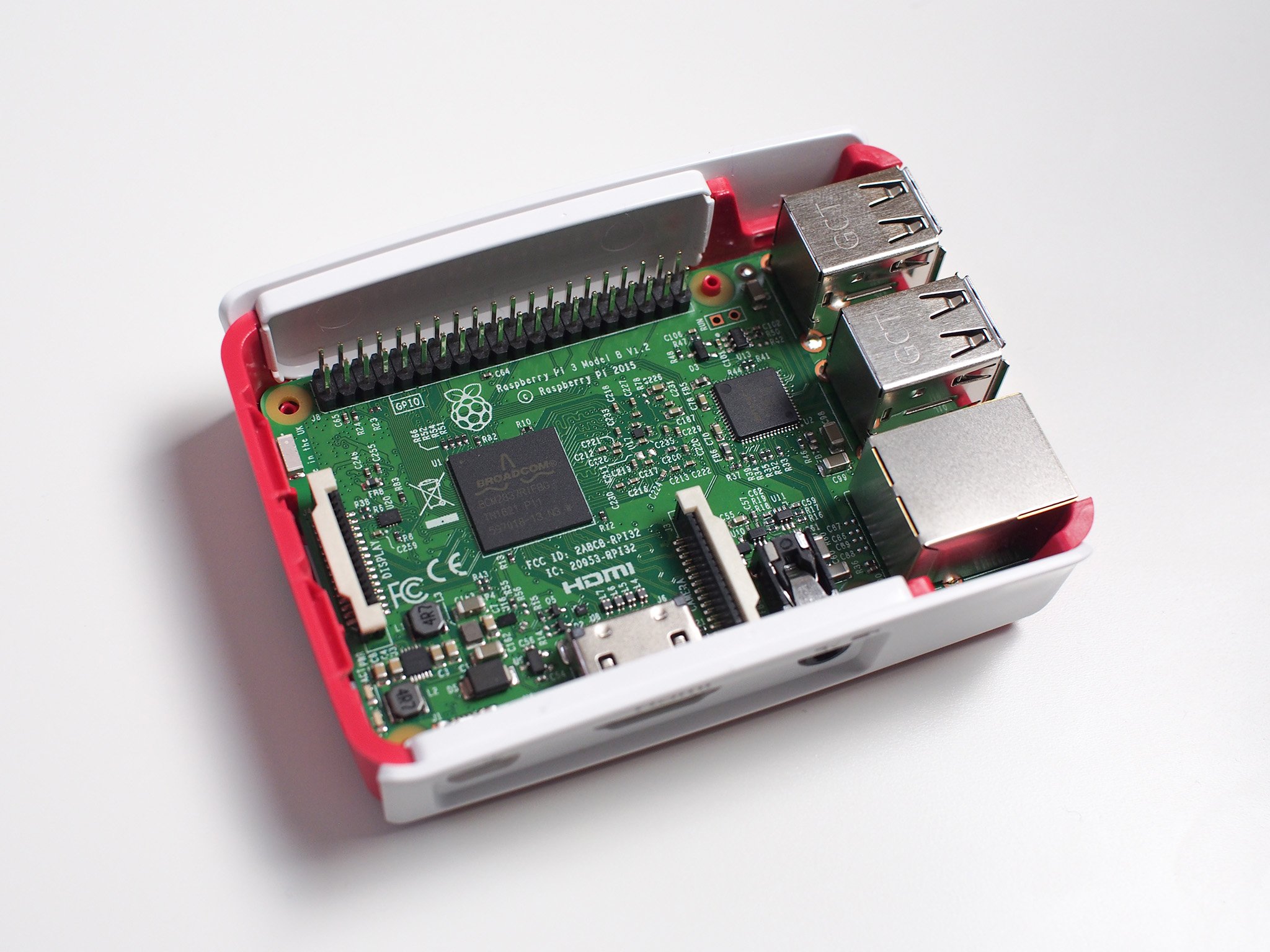Are you tired of overpaying for expensive tools to connect your Raspberry Pi remotely? Well, guess what? You can now download SSH RemoteIoT for free on Windows and take full control of your Pi without breaking the bank. In this guide, we’ll dive deep into everything you need to know about SSH RemoteIoT, its setup, and how it works like a charm with Raspberry Pi.
Listen up, tech enthusiasts. If you’re exploring ways to manage your Raspberry Pi remotely, SSH RemoteIoT is your new best friend. It’s like having a virtual assistant that lets you access your Pi from anywhere in the world. And the best part? You don’t have to spend a fortune to get started.
Before we jump into the nitty-gritty details, let me tell you something cool. SSH RemoteIoT isn’t just some random software—it’s a powerful tool designed to simplify remote access. Whether you’re a hobbyist or a professional developer, this guide will help you master the art of setting up SSH RemoteIoT on Windows and connecting it to your Raspberry Pi. Ready? Let’s go!
- Bill Conns The Man Who Revolutionized The Tech Industry
- Dungeons And Dragons 5e 2024 Wikidot The Ultimate Guide For Adventurers
What is SSH RemoteIoT and Why Should You Care?
SSH RemoteIoT might sound like a mouthful, but it’s actually pretty simple. It’s a protocol-based tool that allows secure communication between your computer and Raspberry Pi. Think of it as a digital bridge that keeps your data safe while giving you full control over your device.
Here’s the deal: SSH stands for Secure Shell, and it’s basically a way to access your Raspberry Pi remotely without exposing your system to potential threats. With RemoteIoT, you can automate tasks, monitor sensors, or even run scripts—all from the comfort of your Windows machine.
So, why should you care? Because SSH RemoteIoT is free, reliable, and easy to set up. Plus, it works seamlessly with Raspberry Pi, making it a go-to solution for anyone looking to level up their IoT game.
- Is Actress Angie Dickinson Still Living The Untold Story
- Unveiling The Mysteries Of Your Star Sign On 18 June
Why Choose SSH RemoteIoT for Raspberry Pi?
Let’s face it: there are tons of tools out there for remote access, but not all of them are created equal. SSH RemoteIoT shines because of its simplicity, security, and flexibility. Here’s why it’s worth your time:
- Security First: SSH encrypts all your data, ensuring no one can snoop on your activities.
- Cost-Effective: You don’t need to shell out big bucks for premium software when SSH RemoteIoT is free.
- Cross-Platform Compatibility: Works flawlessly on Windows, macOS, and Linux, so you’re covered no matter what system you use.
- Customizable: Tailor the setup to fit your specific needs, whether you’re running a home automation project or building a smart garden.
These features make SSH RemoteIoT a top choice for anyone serious about IoT development.
Step-by-Step Guide to Setting Up SSH RemoteIoT
Now that you know why SSH RemoteIoT rocks, let’s talk about how to get it up and running. Follow these steps, and you’ll be connected to your Raspberry Pi in no time.
1. Install PuTTY on Your Windows PC
PuTTY is the Swiss Army knife of SSH clients for Windows. Download it from the official website, and make sure to grab the latest version. Once installed, open PuTTY and configure it to connect to your Raspberry Pi’s IP address.
2. Enable SSH on Your Raspberry Pi
Before you can access your Pi remotely, you need to enable SSH. Here’s how:
- Boot up your Raspberry Pi and log in.
- Open the terminal and type
sudo raspi-config. - Select “Interfacing Options” and enable SSH.
- Reboot your Pi to apply the changes.
And just like that, your Pi is ready for remote access!
3. Connect to Your Raspberry Pi via PuTTY
With SSH enabled, it’s time to connect. In PuTTY, enter your Pi’s IP address (usually something like 192.168.1.100) and hit “Open.” You’ll be prompted to log in with your Pi’s credentials, and voilà—you’re in!
Top Features of SSH RemoteIoT
SSH RemoteIoT isn’t just about remote access; it’s packed with features that make your life easier. Here are some of the highlights:
- File Transfer: Move files between your Windows PC and Raspberry Pi effortlessly.
- Script Execution: Run Python, Bash, or any other scripts directly from your remote session.
- Real-Time Monitoring: Keep an eye on your Pi’s performance and troubleshoot issues on the fly.
- Automated Tasks: Set up cron jobs to automate repetitive tasks, saving you time and effort.
These features make SSH RemoteIoT an indispensable tool for IoT enthusiasts.
Common Issues and How to Fix Them
Even the best tools can have hiccups. Here are some common issues you might encounter and how to fix them:
1. Connection Refused
If you get a “Connection refused” error, double-check your Pi’s IP address and ensure SSH is enabled. Also, verify that your firewall isn’t blocking the connection.
2. Authentication Failed
Make sure you’re using the correct username and password for your Raspberry Pi. If you’ve forgotten your credentials, reset them via the terminal.
3. Slow Connection
Slow connections can be frustrating, but they’re often caused by network congestion. Try switching to a wired connection or optimizing your network settings.
SSH RemoteIoT vs. Other Tools
When it comes to remote access, there are plenty of options to choose from. But how does SSH RemoteIoT stack up against the competition? Let’s break it down:
| Tool | Price | Security | Compatibility |
|---|---|---|---|
| SSH RemoteIoT | Free | High | Windows, macOS, Linux |
| TeamViewer | Paid | High | Windows, macOS, Linux |
| VNC | Free/Paid | Medium | Windows, macOS, Linux |
As you can see, SSH RemoteIoT offers the best combination of price, security, and compatibility, making it the obvious choice for most users.
Best Practices for Using SSH RemoteIoT
To get the most out of SSH RemoteIoT, follow these best practices:
- Always use strong passwords to protect your Raspberry Pi.
- Regularly update your software to ensure you have the latest security patches.
- Limit access to trusted devices to minimize the risk of unauthorized access.
- Document your setup process so you can troubleshoot issues quickly.
By following these tips, you’ll ensure a smooth and secure experience with SSH RemoteIoT.
Real-World Applications of SSH RemoteIoT
SSH RemoteIoT isn’t just for tech geeks; it has practical applications in everyday life. Here are a few examples:
1. Home Automation
Control smart devices like lights, thermostats, and security systems from anywhere using SSH RemoteIoT.
2. Remote Monitoring
Keep tabs on your home or office environment by monitoring sensors and cameras through your Raspberry Pi.
3. Data Collection
Collect and analyze data from IoT devices, such as weather stations or soil moisture sensors, without needing to be physically present.
Expert Tips for Advanced Users
If you’re ready to take your SSH RemoteIoT skills to the next level, here are a few expert tips:
- Use SSH keys instead of passwords for added security.
- Set up a dynamic DNS service to access your Pi from anywhere.
- Automate backups to ensure your data is always safe.
These tips will help you unlock the full potential of SSH RemoteIoT and take your projects to new heights.
Conclusion
In summary, SSH RemoteIoT is a powerful, free tool that makes remote access to your Raspberry Pi a breeze. With its robust security features, cross-platform compatibility, and ease of use, it’s the perfect solution for anyone looking to explore the world of IoT.
So, what are you waiting for? Download SSH RemoteIoT today and start taking control of your Raspberry Pi from anywhere in the world. And don’t forget to share this guide with your friends and leave a comment below if you have any questions or feedback. Happy tinkering!
Table of Contents
What is SSH RemoteIoT and Why Should You Care?
Why Choose SSH RemoteIoT for Raspberry Pi?
Step-by-Step Guide to Setting Up SSH RemoteIoT
Common Issues and How to Fix Them
Best Practices for Using SSH RemoteIoT
Real-World Applications of SSH RemoteIoT
- What Does Tua Brother Really Mean A Deep Dive Into Brotherhood And Camaraderie
- Cook Shrimp Temperature The Ultimate Guide To Perfectly Cooked Shrimp Every Time


